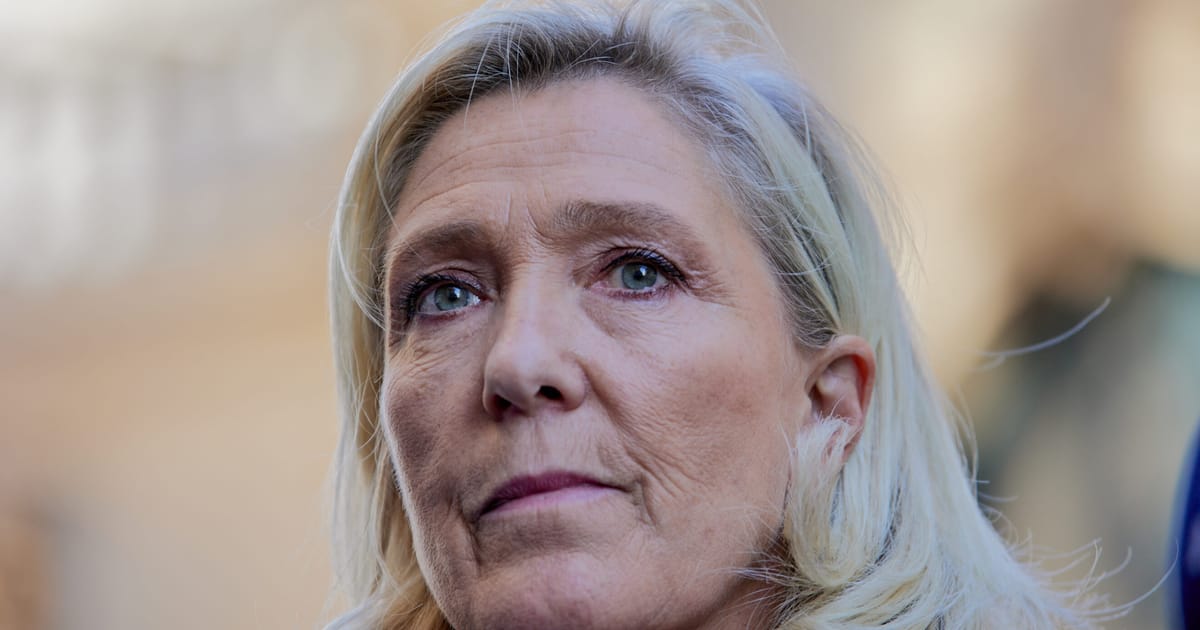“At the European Council in December 2026, there will be blood on the walls,” said a senior EU diplomat, anticipating fierce negotiations. The diplomat, like others quoted in this story, was granted anonymity to speak freely.
While French far-right National Rally party leader Marine Le Pen has been barred from running for public office after a French court found her guilty of embezzling European Parliament funds, she has challenged the ruling. Even if the decision is confirmed, the party’s second in command, Jordan Bardella, is seen as a serious contender to win the next election.
The risk of a far-right victory in France is the main reason why budget negotiations are being fast-tracked, five officials and EU diplomats told POLITICO.
That’s because National Rally’s far-right platform — which includes slashing France’s contributions to the EU budget and downsizing military aid to Ukraine — could throw a spanner in the Council negotiations.
 Jordan Bardella, is seen as a serious contender to win the next election. | Adnan Farzat/Getty Images
Jordan Bardella, is seen as a serious contender to win the next election. | Adnan Farzat/Getty Images
Fueling the sense of urgency, other major EU countries, including Spain and Italy, are also set to go to the polls in 2027, adding a further layer of uncertainty to the budget talks.
This rapid timeline has caused some annoyance among some, such as Italy and Poland, which are critical of the Commission’s €1.816 trillion proposal. They argue that fast-tracking negotiations makes it harder for them to make substantial changes — and plays into the hands of fiscally disciplined Northern countries, who support the Commission’s blueprint.
